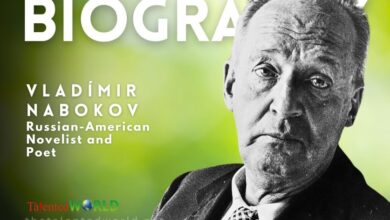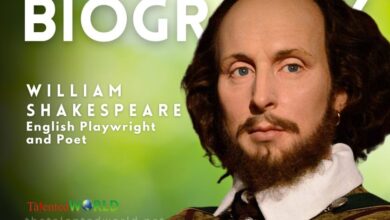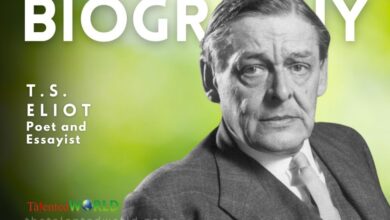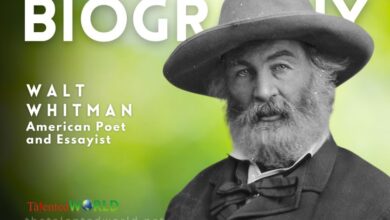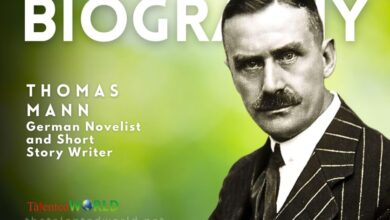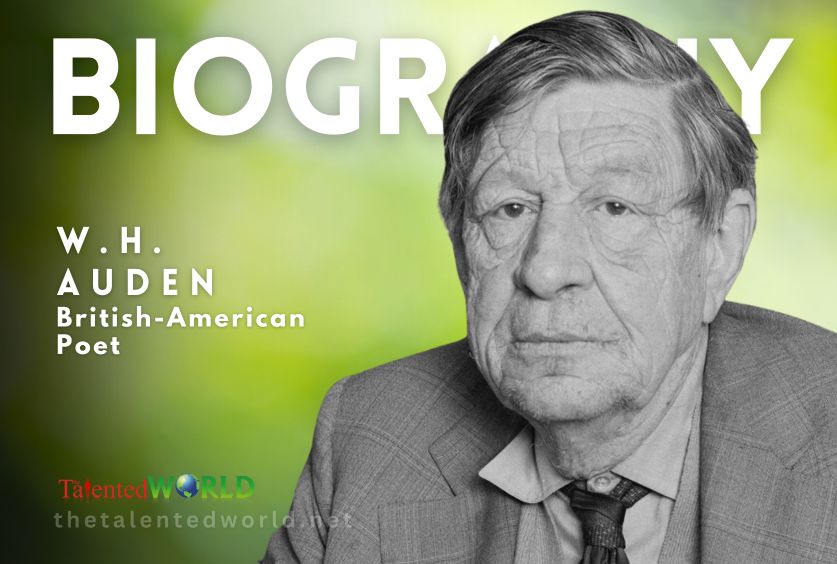
Quick Facts
| Fact | Detail |
|---|---|
| Full Name | Wystan Hugh Auden |
| Date of Birth | February 21, 1907 |
| Place of Birth | York, England |
| Date of Death | September 29, 1973 |
| Place of Death | Vienna, Austria |
| Occupation | Poet |
| Citizenship | United Kingdom; United States (from 1946) |
| Education | Christ Church, Oxford (MA) |
| Spouse | Erika Mann (married 1935, of convenience) |
| Notable Works | “Funeral Blues”, “September 1, 1939”, “The Shield of Achilles”, “The Age of Anxiety”, “For the Time Being”, “Horae Canonicae” |
| Career Highlights | – Wide public attention with his first book of poems, Poems, in 1930 |
| – Won the Pulitzer Prize for Poetry for The Age of Anxiety in 1947 | |
| – Professor of Poetry at Oxford from 1956 to 1961 | |
| – Highly prolific writer of prose essays and reviews on literary, political, psychological, and religious subjects | |
| – Controversial and influential figure, with critical views ranging from sharply dismissive to strongly affirmative | |
| Posthumous Impact | – His poems became known to a wider public through films, broadcasts, and popular media |
W. H. Auden Books
| Title | Year |
|---|---|
| Funeral Blues | 1938 |
| The Unknown Citizen | 1940 |
| Poems | 1930 |
| September 1, 1939 | 1939 |
| The Age of Anxiety | 1947 |
| The Shield of Achilles | 1952 |
| Look, Stranger! | 1936 |
| Wh Auden Poems | 1928 |
| Another Time | 1940 |
| Tell Me the Truth about Love: Fifteen Poems | – |
| For the Time Being | 1966 |
| Spain | – |
| The Sea and the Mirror | – |
| The Dyer’s Hand | 1962 |
| The Double Man | 1941 |
| Letters from Iceland | 1937 |
| Journey to a War | 1939 |
| The Orators | 1932 |
| Lectures on Shakespeare | – |
| Poetry of W. H. Auden | 1979 |
| Poems (1930) | 1933 |
| Homage to Clio | 1960 |
| Collected Poems | – |
| Thirties Poets: (Louis MacNeice, W. H. Auden, Cecil Day-Lewis, Stephen Spender) | – |
| The Complete Works of W. H. Auden: Prose, Volume III, 1949-1955 | 2007 |
| City Without Walls | 1969 |
| A Certain World | 1970 |
| The Age of Anxiety: A Baroque Eclogue | 1947 |
| The Complete Works of W.H. Auden: 1963-1968 | 2015 |
| Thank You, Fog | 1974 |
| About the House | 1965 |
| The Complete Works of W.H. Auden: 1969-1973 | 2015 |
| Nones | 1951 |
| The Complete Works of W. H. Auden: Poems, Volume I: 1927–1939 | – |
| Collected Shorter Poems, 1927-1957 | 1962 |
| Academic Graffiti | 1971 |
| Auden: Poems: Edited by Edward Mendelson | – |
| W.H. Auden | 1954 |
| Secondary Worlds | 1968 |
| The English Auden | – |
| Portable Poets of the English Language, Elizabethan: 2vo | 1950 |
| Van Gogh: A Self Portrait, Letters Revealing His Life as a Painter | – |
| The Ascent of F.6 and On the Frontier | 1958 |
| The old man’s road | 1956 |
| Collected Poems [1991] | – |

